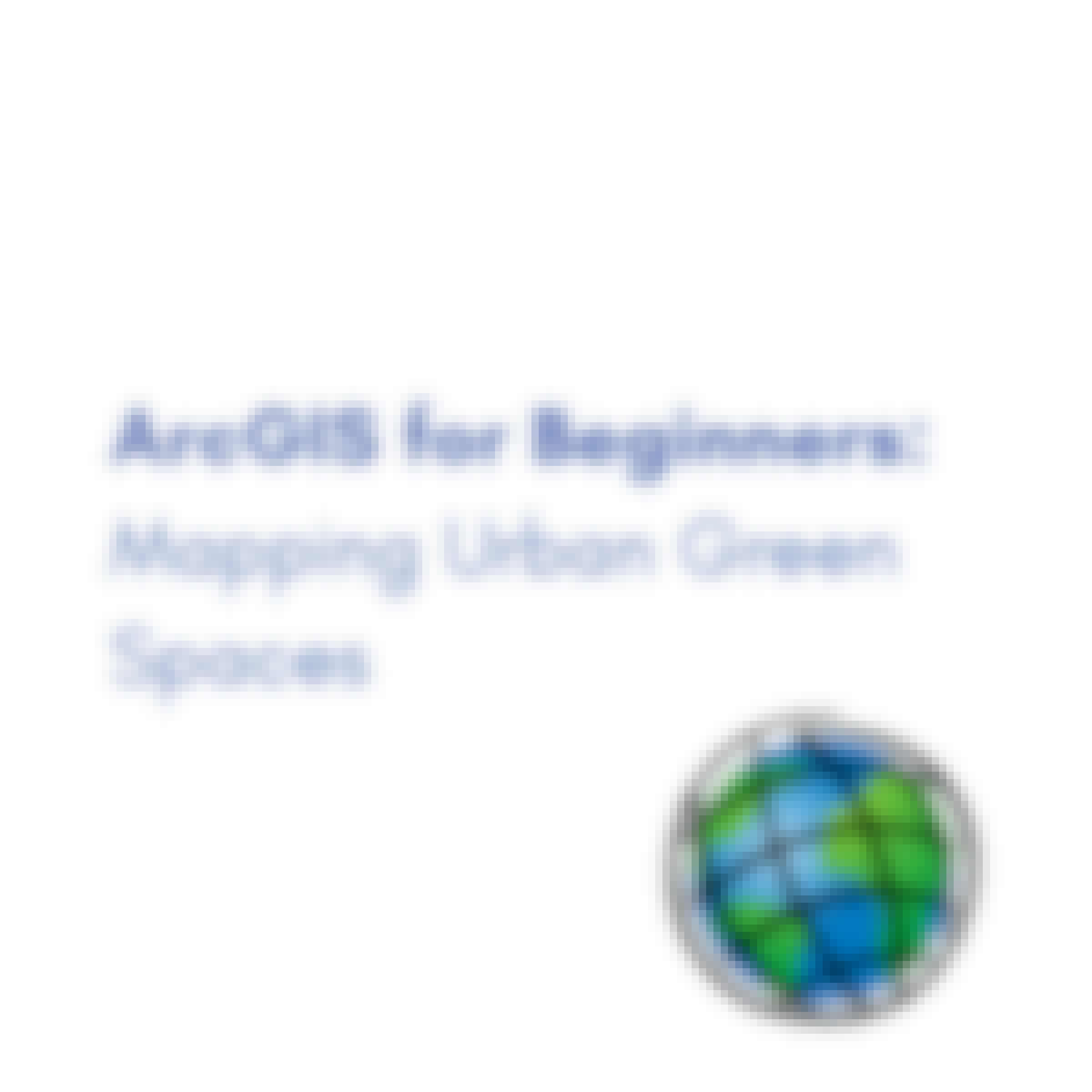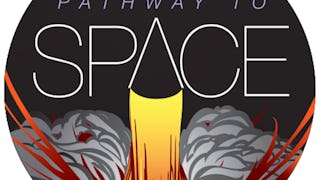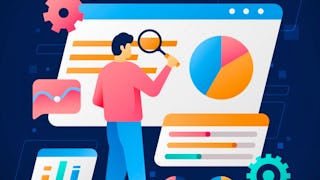Geospatial Information and Technology
Filter by
SubjectRequired *
LanguageRequired *
The language used throughout the course, in both instruction and assessments.
Learning ProductRequired *
LevelRequired *
DurationRequired *
SubtitlesRequired *
EducatorRequired *
Results for "geospatial information and technology"
 Status: FreeFreeC
Status: FreeFreeCCoursera Project Network
Skills you'll gain: ArcGIS, Data Presentation, Spatial Data Analysis, Data Visualization, Geographic Information Systems, Geospatial Information and Technology, Geospatial Mapping, Data Import/Export, Data Mapping, Data Manipulation, Data Management
4.3·Rating, 4.3 out of 5 stars10 reviewsIntermediate · Guided Project · Less Than 2 Hours
 C
CCoursera Project Network
Skills you'll gain: Spatial Data Analysis, Data Visualization Software, Data Visualization, Geospatial Information and Technology, Interactive Data Visualization, Scatter Plots, Software Installation, Python Programming
4.1·Rating, 4.1 out of 5 stars15 reviewsIntermediate · Guided Project · Less Than 2 Hours
 Status: Free TrialFree TrialU
Status: Free TrialFree TrialUUniversity of Colorado Boulder
Skills you'll gain: Environmental Monitoring, Geospatial Information and Technology, Physical Science, Geographic Information Systems, Physics, Environmental Science, Spatial Analysis, Environment, General Science and Research, Remote Access Systems, Life Sciences, Laboratory Research, Science and Research, Biology, Scientific Methods, Research, Timelines, Systems Of Measurement
4.2·Rating, 4.2 out of 5 stars26 reviewsBeginner · Course · 1 - 3 Months
 Status: NewNewStatus: Free TrialFree TrialC
Status: NewNewStatus: Free TrialFree TrialCCase Western Reserve University
Skills you'll gain: Geostatistics, Exploratory Data Analysis, Spatial Analysis, Geospatial Information and Technology, Geographic Information Systems, Data Cleansing, Data Analysis, Statistical Modeling, Statistical Analysis, Oil and Gas, Estimation, Simulation and Simulation Software, Data Integration
Intermediate · Course · 1 - 3 Months
 Status: FreeFreeC
Status: FreeFreeCCoursera Project Network
Skills you'll gain: Interactive Data Visualization, Exploratory Data Analysis, Dashboard, Data Visualization Software, Data Integration, Heat Maps, Spatial Data Analysis, Data-Driven Decision-Making, Decision Support Systems, Business Intelligence Software, Geospatial Information and Technology, Data Mapping
Beginner · Guided Project · Less Than 2 Hours
 Status: Free TrialFree TrialJ
Status: Free TrialFree TrialJJohns Hopkins University
Skills you'll gain: Data Visualization Software, Interactive Data Visualization, Geospatial Information and Technology, Color Theory, Tree Maps, Data Storytelling, Heat Maps, Data Mapping, Text Mining, Unstructured Data, Network Analysis
Intermediate · Course · 1 - 3 Months